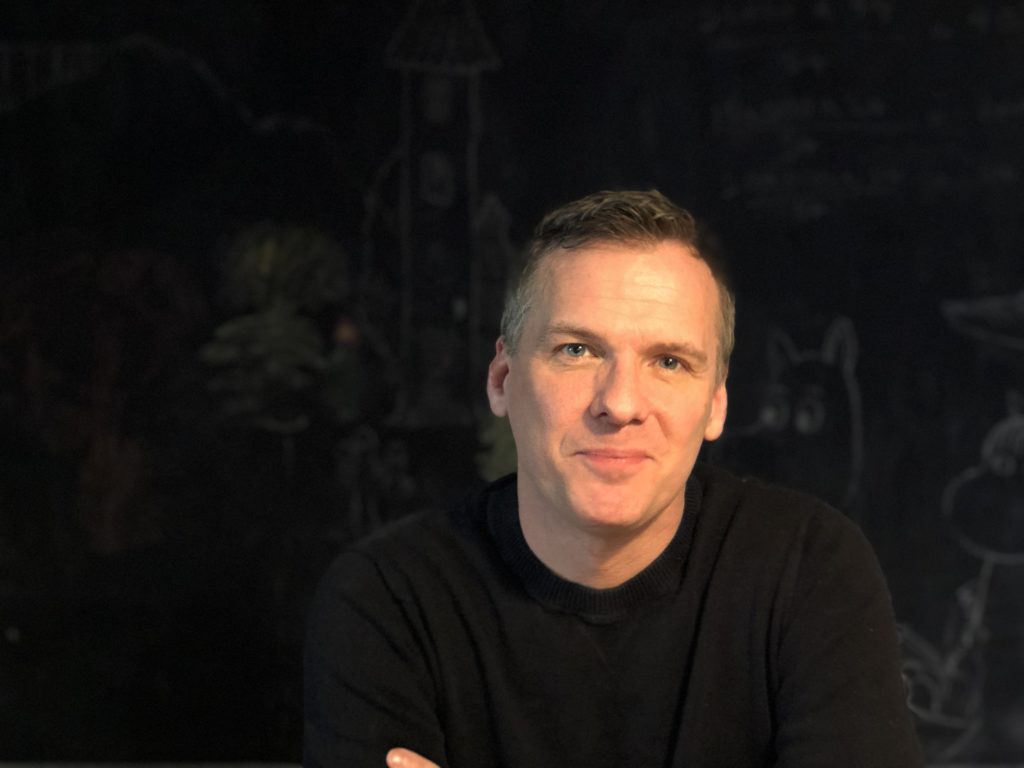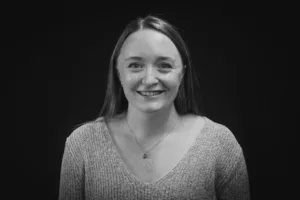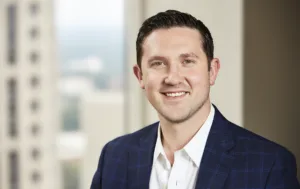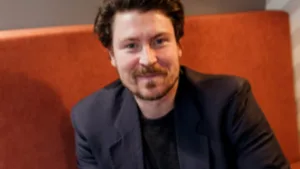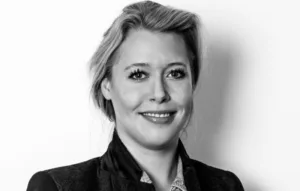50over50 is a series of interviews with our most influential and inspiring industry leaders aged 50 and over.
David is the Co-Founder of digital signage company ScreenCloud, Codegent, Tepilo and various other technology businesses. He’s worked in the digital industry for twenty years, since a stint in 1999 at seminal incubator Brainspark.
What is the biggest mistake companies are making in their attitude to age today?
I’ve gotten used to being one of the oldest in the company since I started in digital when I was about 30: which now seems kind of shocking. But that was partly because digital was so new back then that anyone much older than me would have had years of experience in a different industry and probably wouldn’t have wanted to take a career step backwards to learn about a whole new industry.
Certainly in the world of tech startups, there is still a predominance of younger people represented, but I’m starting to see more older founders who, like me, might be on their second or third business.
One of the reasons our investors liked us as a founding team was because the three of us have run businesses together for 15 years (although my co-founders are a decade younger than me): it suggests that we are less likely to fall out, but also that we have enough experience to arrive at answers quicker than others with less wrinkles.
In addition, our investors encourage us to hire people who have scaled with a business before to a level one or two stages ahead of where we are at any given point. So in some ways, it feels as if attitudes to age are shifting in parallel with my generation getting older: which kind of makes sense.
You wouldn’t be surprised to find someone in their 50s or 60s enjoying a great career in banking because banking has been around forever, I think we’ll see the same thing in digital and tech businesses.
Having said that, there is still a kind of reverence for the 20-something tech-founder who has raised tens of millions of dollars in VC that is difficult to not find appealing. I sometimes have this sense that as an entrepreneur, while I’ve done well by many measures, maybe I should have achieved more by now given how old I am.
What one thing are you proudest of in your career?
Taking the leap from agency into product and succeeding. More than one person told us we were crazy to make the switch and that we would end up spending all of our savings boot-strapping a fantasy-future, but a few years on, ScreenCloud generates over three times the revenue that our agency ever did and we grew 2.5x over the last 12 months.
That decision was one of the toughest ones in my career: to move away from the relative safety of clients paying us a comparatively large amount of money, to the world of SaaS where your clients only pay you a few hundred dollars a month, was very scary. Anyone who has ever started a SaaS business will know that it takes a long time to build up a head of steam. But once you do, it is beautiful to behold… ScreenCloud is the most exciting business I’ve ever been involved in.
What creative heights are you now capable of that you wouldn’t have been able to achieve at the early or mid-point of your career?
We wouldn’t have achieved what we have done without two things: confidence and experience. Confidence to know that we’re just as good as everyone else out there, which in part comes from the experience of knowing that we can get through tough challenges because we’ve been there and done it already.
This allows us to have a bit of faith in what our gut tells us is right. At the risk of sounding like a cliché, it’s a lot easier to disrupt an industry by doing something that is counter to the status quo, if you aren’t phased by people in that industry telling you you’ve got it wrong.
What gives you the most satisfaction in your role today?
It’s about seeing the direct impact of our efforts. When we were in agency-land, we’d pitch an idea and that would ultimately end up getting watered-down by the client and then we’d never quite know whether it would have been better or worse had they fully embraced our proposal. When you are your own client, you live or die by the results of your work. And when a plan comes off and you know that it was all down to you and your team, that’s a great, great feeling.
What is the biggest lesson you have learned in your career?
To create a plan and keep working towards it. I know that’s kind of two things, but they are linked. My experience has taught me that nothing great happens overnight and nothing great happens unless you make it happen.
It’s easy to get side-tracked, go off on tangents or even get cold feet. When we decided to transition from being an agency into a product company, we knew it would be hard and would take a lot of time and money. But the three of us were so sure this was what we wanted to do, we just kept reminding ourselves that the plan hadn’t changed, we just needed to keep working towards it and have faith we would get there.
What advice would you give your 25-year old self?
Stop worrying and enjoy the ride. When I was 25 I was working in a direct marketing agency and I was convinced that at any moment I was going to be fired at the whim of my manager. Back then, the workplace was still quite rigid: everyone had to be at their desks at 9am and we had to wear suits.
Had I known then how I was on a journey that would end up seeing me start and run several businesses, collaborate with some fantastic people, and see the world of work shift to encourage creativity through more relaxed and flexible environments, I could have eased up on myself a bit.
What are you most excited about in your industry over the next 10 years?
Within digital signage it’s all about integration with the multitude of data that is held within organisations, combined with analytics of physical spaces. Once we crack that, then we can create rules-based content: content that creates itself based on what’s actually happening within a space at that time.
We’re used to our phones talking to our watches talking to our computers, but the public screen stuck up on the wall in reception or in the sales back-office is somehow still disconnected. You can book a taxi when you are having a meeting via a mobile app, but you can’t connect your laptop to the meeting room screen without faffing about with cables and TV remotes.
We see big changes to the ways in which public screens are used to disseminate information, enhance an environment, provide useful updates in a way that the other screens can’t.
But it’s still early days: in some ways, we’re back at the beginning of the internet when people got excited about seeing their logo on a screen — except today it’s excitement at seeing a Tweet on the screen in reception instead of Sky News on mute. That potential is what we’re most excited about at ScreenCloud.
What is your biggest regret about the industry today?
It has to be the lack of diversity. We’re still too male and too pale.
And, despite what I said about things improving, we don’t have enough older people represented either. I used to think that, for example, the fact that it’s hard to hire female engineers was down to lack of supply. But I actually now think that’s a conveniently lazy excuse.
We all need to work harder to attract people that don’t look like us. Not just because it’s the right thing to do, but because as we all know, the more diversity you have people-wise, the greater diversity you’re going to have ideas-wise.


